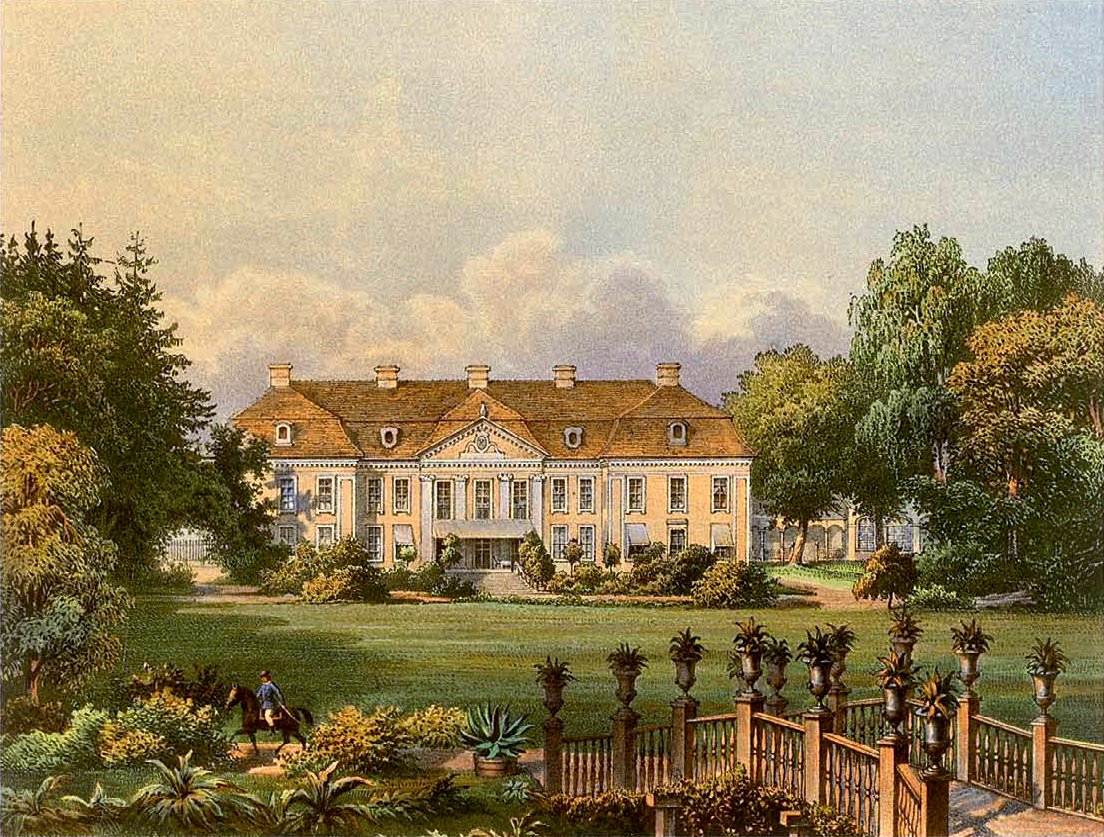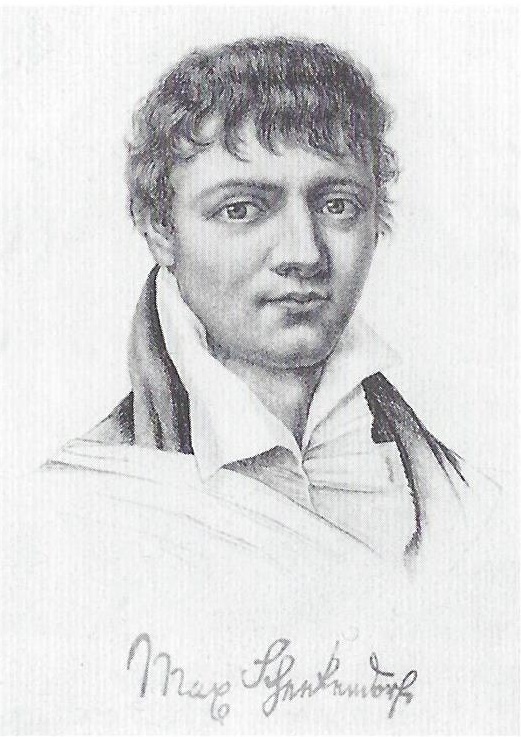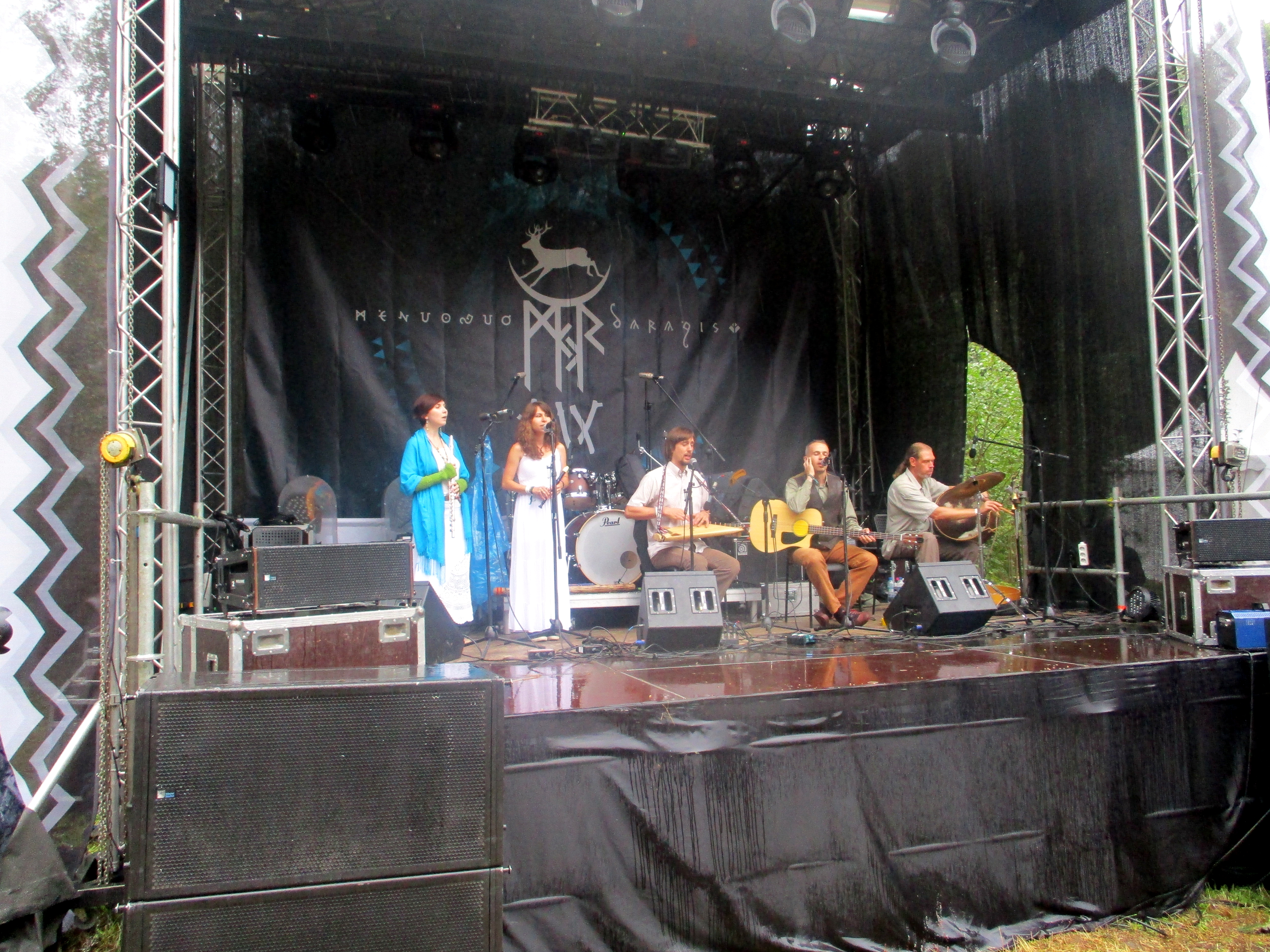|
Gładysze
Gładysze is a village in the administrative district of Gmina Wilczęta, within Braniewo County, Warmian-Masurian Voivodeship, in northern Poland. It lies approximately south-east of Wilczęta, south of Braniewo, and north-west of the regional capital Olsztyn. History The village was first mentioned as ''Schklodien'' or ''Sklodien'', a name of Old Prussian origin, that probably refers to the initial owner "Sklode", which is an Old Prussian name. The village was the property of the von Werner family until 1643, when the area was bought by a member of the Dohna family and remained within this family up to 1945. Christoph I. zu Dohna-Schlodien inherited the village in 1688 and decided to build a representative palace. He employed Jean de Bodt with the construction, which was erected in 1701-1704.History of Schlodien [...More Info...] [...Related Items...] OR: [Wikipedia] [Google] [Baidu] |
Christoph II Von Dohna
Christoph II, Burggraf and Count of Dohna-Schlodien (25 October 1702 in Schlodien – 19 May 1762 in Berlin) was a Prussian general. He was the son of Christopher I, Burgrave and Count of Dohna-Schlodien (1665–1733). He served in the armies of Frederick William I of Prussia and his son, Frederick II, in the Silesian and Seven Years' wars. He was particularly successful at the Battle of Gross-Jägersdorf, and instrumental in relieving Siege of Kolberg. Family Christoph II descended from an old Prussian family, von Dohna, whose founder was Stanislaus von Dohna (1433–1504); his father, Christoph I. zu Dohna-Schlodien, was Stanislaus's great-grandson. His mother, Frede (Friederike) Marie (1660 –1729, Danzig), was the daughter of his uncle, Christian Albert, Burgrave and Count of Dohna. Christoph II married in Wildenfels on 18 October 1734 to ''Gräfin'' Friederike zu Solms-Wildenfels (28 Mai 1714 – 9 April 1755). She was the daughter of Friedr ... [...More Info...] [...Related Items...] OR: [Wikipedia] [Google] [Baidu] |
Jean De Bodt
Jean de Bodt (1670 – 3 January 1745) was a Baroque architect of the 18th century. Biography Bodt was born in Paris to French Huguenot parents, but his father came from Mecklenburg. He studied architecture, but was forced to flee from France after the Edict of Fontainebleau to the Dutch Republic. In 1688 he came in the entourage of William III of England to London. He was promoted to a Captain of the British Artillery and Engineer Corps. In 1699 he moved to Berlin to accomplish the construction of the Zeughaus (arsenal), which was now largely influenced by the French and British style of the late 17th century. Bodt also worked at the Palaces of Potsdam and Schlodien, and completed the construction plans of the tower of the Berlin Parochialkirche in 1715. Then he was send to the Wesel citadel to improve the fortification of the city. In 1719 he became governor of the city Wesel. In he 1728 switched into Saxonian service, where he became general intendant of civil and military ... [...More Info...] [...Related Items...] OR: [Wikipedia] [Google] [Baidu] |
Gmina Wilczęta
__NOTOC__ Gmina Wilczęta (german: Deutschendorf) is a rural gmina (administrative district) in Braniewo County, Warmian-Masurian Voivodeship, in northern Poland. Its seat is the village of Wilczęta, which lies approximately south of Braniewo and north-west of the regional capital Olsztyn. The gmina covers an area of , and as of 2006 its total population is 3,153. Villages Gmina Wilczęta contains the villages and settlements of Bardyny, Bronki, Chmielówka, Dębień, Dębiny, Gładysze, Górski Las, Góry, Jankówko, Karpówek, Karwiny, Księżno, Ławki, Lipowa, Nowica, Słobity, Słobity-Stacja Kolejowa, Sopoty, Sośnica, Spędy, Stare Siedlisko, Tatarki and Wilczęta. Neighbouring gminas Gmina Wilczęta is bordered by the gminas of Godkowo, Młynary, Orneta, Pasłęk and Płoskinia Płoskinia (german: Plaßwich) is a village in Braniewo County, Warmian-Masurian Voivodeship, in northern Poland. It is the seat of the gmina (administrative district) c ... [...More Info...] [...Related Items...] OR: [Wikipedia] [Google] [Baidu] |
Countries Of The World
The following is a list providing an overview of sovereign states around the world with information on their status and recognition of their sovereignty. The 206 listed states can be divided into three categories based on membership within the United Nations System: 193 member states of the United Nations, UN member states, 2 United Nations General Assembly observers#Present non-member observers, UN General Assembly non-member observer states, and 11 other states. The ''sovereignty dispute'' column indicates states having undisputed sovereignty (188 states, of which there are 187 UN member states and 1 UN General Assembly non-member observer state), states having disputed sovereignty (16 states, of which there are 6 UN member states, 1 UN General Assembly non-member observer state, and 9 de facto states), and states having a political status of the Cook Islands and Niue, special political status (2 states, both in associated state, free association with New Zealand). Compi ... [...More Info...] [...Related Items...] OR: [Wikipedia] [Google] [Baidu] |
Christoph I
Christoph is a male given name and surname. It is a German variant of Christopher. Notable people with the given name Christoph * Christoph Bach (1613–1661), German musician * Christoph Büchel (born 1966), Swiss artist * Christoph Dientzenhofer (1655–1722), German architect * Christoph Harting (born 1990), German athlete specialising in the discus throw * Christoph M. Herbst (born 1966), German actor * Christoph Kramer (born 1991), German football player and winner of the 2014 FIFA World Cup * Christoph M. Kimmich (born 1939), German-American historian and eighth President of Brooklyn College * Christoph Metzelder (born 1980), German football player * Christoph Riegler (born 1992), Austrian football player * Christoph Waltz (born 1956), German-Austrian actor and two times winner of the OSCARS Academy Award * Christoph M. Wieland (1733–1813), German poet and writer * Prince Christoph of Württemberg (1515–1568), German regent and duke of the Duchy of Württemberg * P ... [...More Info...] [...Related Items...] OR: [Wikipedia] [Google] [Baidu] |
Red Army
The Workers' and Peasants' Red Army (Russian: Рабо́че-крестья́нская Кра́сная армия),) often shortened to the Red Army, was the army and air force of the Russian Soviet Federative Socialist Republic and, after 1922, the Union of Soviet Socialist Republics. The army was established in January 1918. The Bolsheviks raised an army to oppose the military confederations (especially the various groups collectively known as the White Army) of their adversaries during the Russian Civil War. Starting in February 1946, the Red Army, along with the Soviet Navy, embodied the main component of the Soviet Armed Forces; taking the official name of "Soviet Army", until its dissolution in 1991. The Red Army provided the largest land force in the Allied victory in the European theatre of World War II, and its invasion of Manchuria assisted the unconditional surrender of Imperial Japan. During operations on the Eastern Front, it accounted for 75–80% of casual ... [...More Info...] [...Related Items...] OR: [Wikipedia] [Google] [Baidu] |
World War II
World War II or the Second World War, often abbreviated as WWII or WW2, was a world war that lasted from 1939 to 1945. It involved the vast majority of the world's countries—including all of the great powers—forming two opposing military alliances: the Allies and the Axis powers. World War II was a total war that directly involved more than 100 million personnel from more than 30 countries. The major participants in the war threw their entire economic, industrial, and scientific capabilities behind the war effort, blurring the distinction between civilian and military resources. Aircraft played a major role in the conflict, enabling the strategic bombing of population centres and deploying the only two nuclear weapons ever used in war. World War II was by far the deadliest conflict in human history; it resulted in 70 to 85 million fatalities, mostly among civilians. Tens of millions died due to genocides (including the Holocaust), starvation, ma ... [...More Info...] [...Related Items...] OR: [Wikipedia] [Google] [Baidu] |
Max Von Schenkendorf
Gottlob Ferdinand Maximilian Gottfried von Schenkendorf (11 December 1783 in Tilsit in East Prussia – 11 December 1817 in Koblenz) was a German poet, born in Tilsit and educated at Königsberg. During the War of Liberation, in which he took an active part, Schenkendorf was associated with Arndt and Körner in the writing of patriotic songs. His poems were published as ''Gedichte'' (1815), ''Poetischer Nachlass'' (1832), and ''Sämtliche Gedichte'' (1837; fifth edition, 1878). For his ''Life'', consult Hagen Hagen () is the Largest cities in Germany, 41st-largest List of cities and towns in Germany, city in Germany. The municipality is located in the States of Germany, state of North Rhine-Westphalia. It is located on the south eastern edge of the R ... (Berlin, 1863); Knaake (Tilsit, 1890); E. von Klein, ''M. von Schenkendorf'' (Vienna, 1908). Gallery File:Koblenz im Buga-Jahr 2011 - Rheinanlagen 25.jpg, Bust of Max von Schenkendorf in Koblenz File:Grabmal Schenkendorf ... [...More Info...] [...Related Items...] OR: [Wikipedia] [Google] [Baidu] |
Wilhelm I, German Emperor
William I or Wilhelm I (german: Wilhelm Friedrich Ludwig; 22 March 1797 – 9 March 1888) was King of Prussia from 2 January 1861 and German Emperor from 18 January 1871 until his death in 1888. A member of the House of Hohenzollern, he was the first head of state of a united Germany. He was de facto head of state of Prussia from 1858, when he became regent for his brother Frederick William IV, whose death three years later would make him king. Under the leadership of William and his minister president Otto von Bismarck, Prussia achieved the unification of Germany and the establishment of the German Empire. Despite his long support of Bismarck as Minister President, William held strong reservations about some of Bismarck's more reactionary policies, including his anti-Catholicism and tough handling of subordinates. In contrast to the domineering Bismarck, William was described as polite, gentlemanly and, while staunchly conservative, more open to certain classical liberal ideas th ... [...More Info...] [...Related Items...] OR: [Wikipedia] [Google] [Baidu] |
Frederick William IV Of Prussia
Frederick William IV (german: Friedrich Wilhelm IV.; 15 October 17952 January 1861), the eldest son and successor of Frederick William III of Prussia, reigned as King of Prussia from 7 June 1840 to his death on 2 January 1861. Also referred to as the "romanticist on the throne", he is best remembered for the many buildings he had constructed in Berlin and Potsdam as well as for the completion of the Gothic Cologne Cathedral. In politics, he was a conservative, who initially pursued a moderate policy of easing press censorship and reconciling with the Catholic population of the kingdom. During the German revolutions of 1848–1849, he at first accommodated the revolutionaries but rejected the title of Emperor of the Germans offered by the Frankfurt Parliament in 1849, believing that Parliament did not have the right to make such an offer. He used military force to crush the revolutionaries throughout the German Confederation. From 1849 onward he converted Prussia into a constit ... [...More Info...] [...Related Items...] OR: [Wikipedia] [Google] [Baidu] |
Old Prussian
Old Prussian was a Western Baltic language belonging to the Baltic branch of the Indo-European languages, which was once spoken by the Old Prussians, the Baltic peoples of the Prussian region. The language is called Old Prussian to avoid confusion with the German dialects of Low Prussian and High Prussian and with the adjective ''Prussian'' as it relates to the later German state. Old Prussian began to be written down in the Latin alphabet in about the 13th century, and a small amount of literature in the language survives. Classification and relation to other languages Old Prussian is an Indo-European language belonging to the Baltic branch. It is considered to be a Western Baltic language. Old Prussian was closely related to the other extinct Western Baltic languages, namely Sudovian, West Galindian and possibly Skalvian and Old Curonian. Other linguists consider Western Galindian and Skalvian to be Prussian dialects. It is related to the Eastern Baltic languages suc ... [...More Info...] [...Related Items...] OR: [Wikipedia] [Google] [Baidu] |





.jpg)
